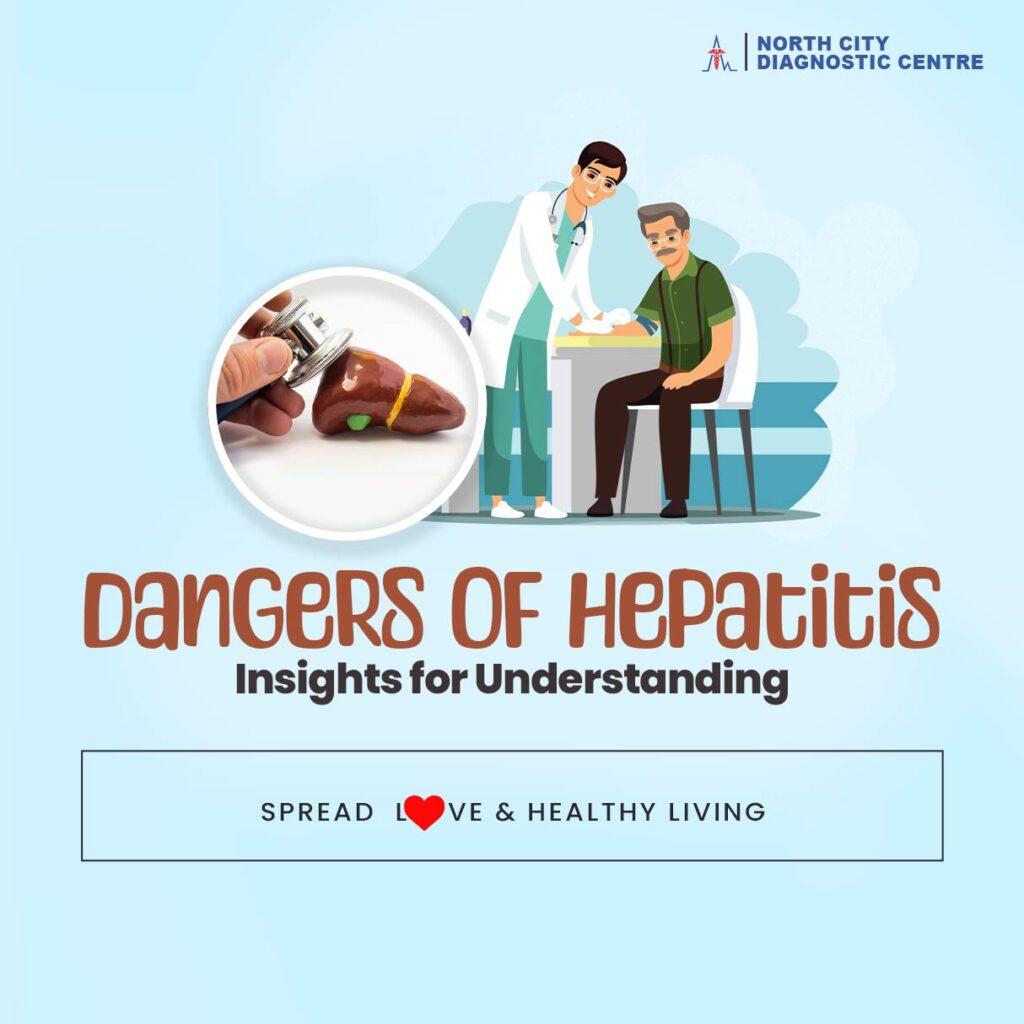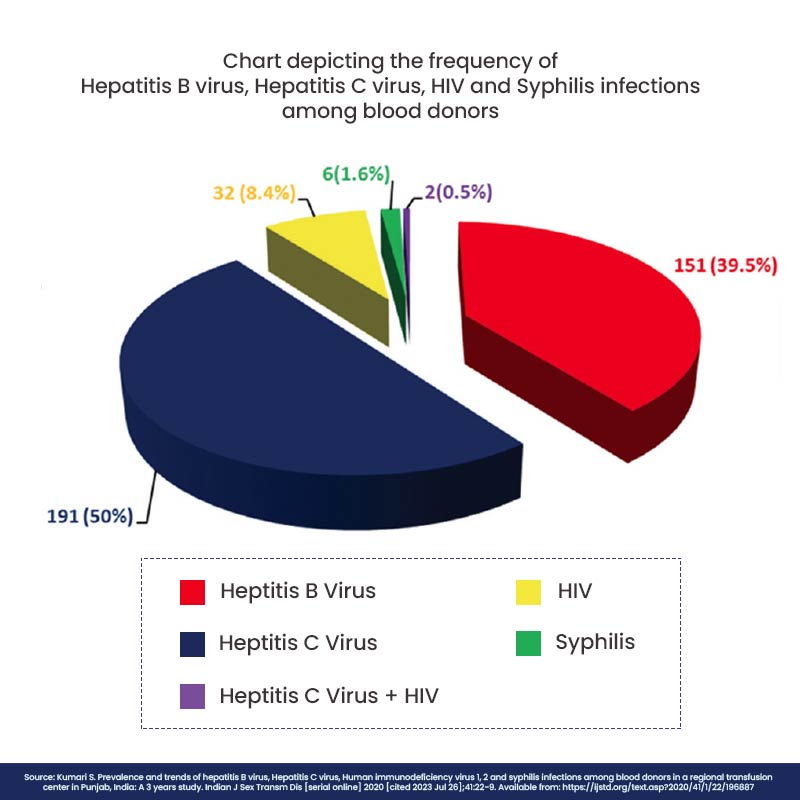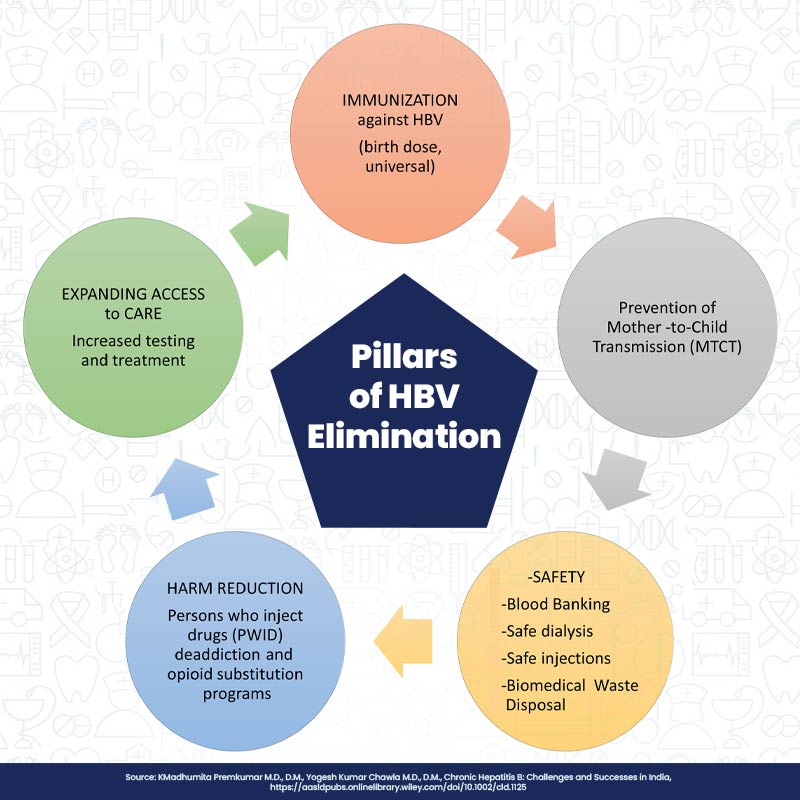
Menu
Many of us have heard the word hepatitis, some can vaguely recall it in bits and pieces, and few of those who have suffered or seen someone suffer know it to a larger extent.
Hepatitis is a common viral infection that affects millions of individuals around the world, producing liver inflammation and potentially serious repercussions. Through this article, we hope to inspire everyone understand the dangers of hepatitis and take proactive actions in the fight against a silent epidemic by understanding what it is and what preventive strategies that should be taken. Today, the 28th of July is world hepatitis day.
Did you know more than 350 million people in the world are living with Viral Hepatitis?

The dangers of hepatitis is the fact that it is a silent epidemic that poses a significant global health threat. World Hepatitis Day is a reminder of the critical need for awareness and action. This global initiative aims to disseminate information about viral hepatitis, recommend preventive measures and encourage easy testing and care for those infected
Hepatitis refers to inflammation of the liver, which can be caused by a variety of factors including viral infections, excessive alcohol consumption, toxins, and autoimmune diseases primarily from the liver five main types of bacteria: A, B, C, D, and E. These virus can cause acute or chronic liver disease, with varying levels of severity.
Avail specialized health check-up and screening. North City Diagnostic Centre offers state-of-the-art health check-up and screening packages at affordable prices. Call 
Hepatitis is usually transmitted through contaminated food and water or through close contact with an infected person.
This type of hepatitis is a serious, transient disease. Symptoms may not appear for weeks after the infection, and some people have no symptoms at all. The incubation period of hepatitis A is usually 14–28 days. When symptoms develop, they can lead to severe illness requiring hospitalization and intravenous fluids.
Symptoms of hepatitis A include flu-like symptoms such as fever, rash, loss of appetite and fever. Hepatitis A is jaundice, and the stools may turn black.
Only 10% of infected children under the age of six develop jaundice, and most don’t show any visible symptoms. Hepatitis A may relapse with acute episode. However, this is followed by normal recovery
Hepatitis B is transmitted through bodily fluids such as saliva, blood and semen, or contaminated surfaces such as toothbrushes or rags, where the virus can survive for days and is often a persistent, chronic condition and extensive.
Symptoms include bruising, loss of appetite, nausea, vomiting, diarrhea and muscle pain.
Certain factors increase the risk of infection. These include, sharing needles while injecting drugs, having unprotected sex, not using clean needles for tattoos or body piercings, traveling to countries where hepatitis B is endemic, long brushing sessions, and things like sharing a toothbrush or razor with an infected person.
The WHO recommends universal access to and provision of HBsAg testing linked to prevention, care, and treatment services as needed in areas where hepatitis B surface antigen seroprevalence is high in the general population (defined as >2% or >5% HBsAg seroprevalence ). WHO recommends routine hepatitis B screening for all pregnant women, screening of blood donors, and focused or targeted screening of specific high-risk groups, e.g immigrants from endemic areas, partners or family members of infected persons, health care workers PWID, persons in prisons and other closed facilities , MSM and sex workers, and persons living with HIV.
HBsAg is done at North City Diagnostic Centre with utmost care and at affordable price. Home sample collection available.
Click the links below online for booking:
→ HBsAG
For more information call 
Hepatitis C is primarily transmitted through blood contact, such as sharing needles or through unchecked blood transfusions. It is a contagious disease that can lead to severe liver damage, even in the absence of noticeable symptoms. If left untreated, hepatitis C can progress to cirrhosis and potentially result in liver cancer.
Some common symptoms of hepatitis B include jaundice, fatigue, joint pain, and muscle weakness.
While there is currently no vaccine available to prevent hepatitis C, effective treatments do exist. The goal of treatment is to cure the disease and prevent long-term liver damage. Antiviral medications, such as sofosbuvir and daclatasvir, are used in the treatment of hepatitis C.
However, avoiding contact with the virus is the most effective strategy to prevent this illness.
Anti HCV is a common test at North City Diagnostic Centre.
Hepatitis D is a rare form of hepatitis that only occurs in individuals already infected with hepatitis B. The hepatitis D virus (HDV) causes liver inflammation like other strains, but a person cannot contract HDV without an existing hepatitis B infection.
Simultaneous HBV and HDV infection can cause mild to severe acute hepatitis, with signs and symptoms that are similar to those of other acute viral hepatitis infections. These symptoms, which can include fever, lethargy, appetite loss, nausea, vomiting, dark urine, pale faeces, jaundice (yellow eyes), and even fulminant hepatitis, tend to appear 3–7 weeks after the initial infection. The development of fulminant hepatitis is uncommon, and chronic hepatitis D is extremely uncommon (less than 5% of acute hepatitis), therefore recovery is typically complete.
Hepatitis E is waterborne, transmitted through contaminated water and causes acute hepatitis. It occurs in areas with poor sanitation and typically results from ingesting faecal matter that contaminates the water supply.
Every year there are an estimated 20 million HEV infections worldwide, leading to an estimated 3.3 million symptomatic cases of hepatitis E.A vaccine to prevent hepatitis E virus infection has been developed and is licensed in China, but is not yet available elsewhere.
Typical signs and symptoms of hepatitis include, an initial phase of mild fever, reduced appetite (anorexia), nausea and vomiting lasting for a few days, abdominal pain, itching , skin rash, or joint pain, jaundice (yellow colour of the skin), dark urine and pale stools, anda slightly enlarged, tender liver (hepatomegaly).
In rare cases, acute hepatitis E can be severe and result in acute liver failure. These patients are at risk of death. Up to 20–25% of pregnant women can die if they get hepatitis E in third trimester.
The dangers of hepatitis is that it poses a significant burden on global health, with millions of people affected worldwide. Understanding the impact of hepatitis helps us grasp the urgency of addressing this issue effectively.
According to the World Health Organization (WHO), an estimated 325 million people worldwide live with chronic hepatitis B or hepatitis C. Viral hepatitis is responsible for approximately 1.4 million deaths each year, surpassing the mortality rates of other infectious diseases such as HIV/AIDS, malaria, and tuberculosis.
Hepatitis disproportionately affects vulnerable populations, including those living in poverty, marginalized communities, and regions with limited healthcare resources.
Prevention plays a crucial role in combating hepatitis and reducing its transmission. By implementing effective preventive measures, we can protect ourselves and others from viral hepatitis.
Get your health checked regularly. You may choose to visit contact North City Diagnostic centre for affordable and state-of-the-art health check-up • Call 
Remember, each one of us has the power to make a difference. Let us join forces, support one another, and take decisive action to combat hepatitis on World Hepatitis Day and every day.



#HepatitisPrevention #HealthAlert #KnowTheFacts #StayInformedNow #HealthTips #BeInformed #StaySafeStayHealthy #HealthAwareness #HealthCommunity #EmpowerYourself #SpreadAwareness #ClickNow #SaveLives #FollowUs #TogetherWeCan #HepatitisAwareness #HealthMatters #StayInformed #ProtectYourHealth
35-A ,Canal West Road
Near Gouri Bari Bus Stop
Kolkata – 700004.
Local: +91 33 6605 0888